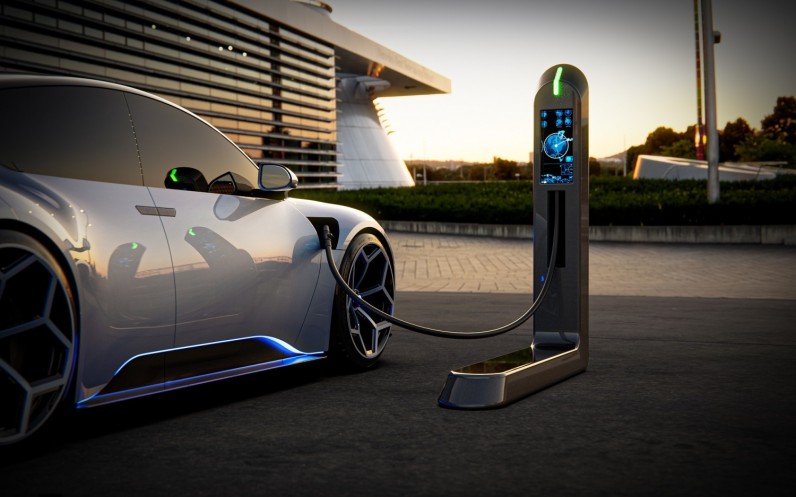The European Commission has proposed a three-year delay in implementing tariffs on electric vehicles (EVs) traded between the United Kingdom (UK) and the European Union (EU).
This decision is a response to concerns raised by automakers on both sides of the Channel, who expressed that they were not adequately prepared for the changes in post-Brexit trade rules scheduled to take effect in January.

Proposal of EU to Delay Tariffs on UK Electric Vehicles
The European Commission's proposal suggests extending the current rules of origin for electric vehicles and batteries until December 31, 2026, as part of the EU-UK Trade and Cooperation Agreement (TCA).
This extension is considered a one-time measure and does not affect the broader rules of origin set to be applicable from 2027, as initially planned.
The European Commission's press release outlines the proposal and additional measures. It suggests a one-off extension of the current rules until the end of 2026, aiming to provide more time for the industry to adapt to the changes.
The proposal includes a clause that legally prevents the EU-UK Partnership Council from extending this period beyond 2026. It is intended to solidify and "lock in" the rules of origin effective from 2027.
European Commission Allocates €3 Billion Support to Battery Manufacturers
The European Commission will also allocate up to €3 billion to support the European battery manufacturers over the next three years.
This funding is intended to help boost the European battery manufacturing industry and enhance the sustainability of battery production. The proposal emphasized its commitment to promoting the EU's battery industry, which has faced slower growth than anticipated.
The financial incentives are designed to spur investment and development within the battery value chain, supporting sustainability and contributing to the broader goals of the European Green Deal.
The next steps involve discussions within the Council, with the decision determining the EU's stance in the Partnership Council, the highest decision-making body for the Trade and Cooperation Agreement.
The commission's proposal signifies a move to balance the interests of the automotive industry, trade relations, and environmental sustainability within the EU-UK partnership.
According to BBC, the UK is currently the biggest export market for European carmakers, with 1.2 million vehicles delivered to UK ports last year. The UK also reportedly sells more cars to the EU than any other region.







Join the Conversation